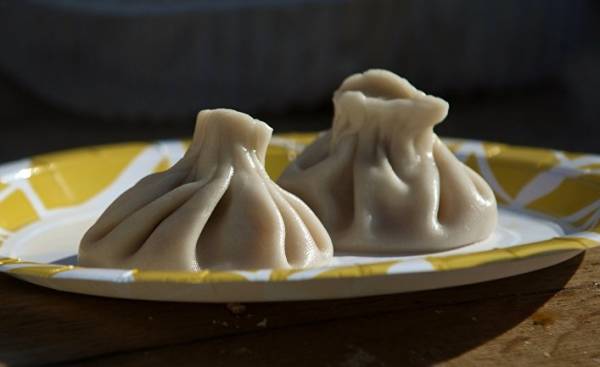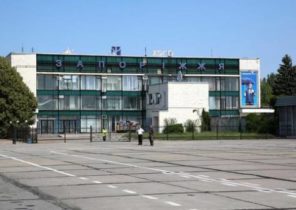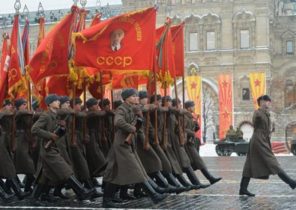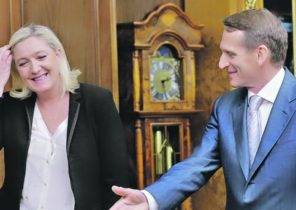
Any journalist will tell you that a happy operator is a full operator, but the very phrase “Russian cuisine” is hardly able to cause appetite.
Prior to the current trip from ABC to Russia Russian food was associated only with potato dishes, served in a variety of forms.
Mashed potatoes, boiled potatoes, dumplings with potato, potato soup.
I could easily imagine how Russian chefs announce the list of countless variations, as it did with their favorite shrimp Bubba from “Forrest Gump”.
They can be cooked on the grill, boil, bake, fry, whatever.
In my imagination Russia was a product of the lessons of history — with emphasis on the Soviet period and the Communist regime, and I was expecting to see food that fits the era.
For decades, traditional Russian cuisine has been discriminated against — even the Michelin star was beyond her reach.
But, judging from the present situation, things could have changed.
“Delicious enlightenment”
I ate in Moscow, combining the pleasant with the useful, and learned a lot.
Paradoxically, it was Russia’s decision in 2014 to prohibit the import of products from countries that supported sanctions against Russia after the Ukrainian events have significantly revived the restaurant picture.
The patriots were delighted when they were told that it is now possible to use only domestic ingredients and products, or to acquire them from “friendly” countries.
And the cooks had to work on new menus.
Especially popular in Russia continues to enjoy Georgian cuisine, and one of the first dishes that I tried was chkmeruli, Georgian fried chicken in creamy garlic sauce.
Very often a side dish for different types of meat, chicken, veal, beef and seafood seasoned with Georgian spices, serve barley and buckwheat.
Meat khinkali dumplings in thick dough, served with a dollop of sour cream is one of the key dishes of Georgian cuisine.
Often khinkali attach this form to be eaten with your hands.
The tails of the test should be left on the plate uneaten… I learned that later.
Restaurants keep the brand in spite of the restrictions
Restaurant business in Russia keep up the pace of growth.
On top of the second tallest building in Europe you will find a restaurant Ruski is Russian chef Anton Koval’kova, which brings together contemporary Russian cuisine in the most modern area of Moscow.
Restaurants like LavkaLavka, are based on the idea of farm products, which they largely imposed sanctions.
They grow and produce their own ingredients, and they offer food and wine list are entirely domestic in nature.
At least, Moscow restaurateurs feel a certain pride in their ability to adapt to the new political environment.







